- Learning time
- 5 minutes
- First play time
- 30 minutes
Sussed!
Designed by: Uncredited
There are about eight versions of Sussed! but each one functions in pretty much the same way: players each take a card that describes four scenarios, ideas, or notions. In each case the owner reads the scenario aloud and the three options the card gives them to choose from in response. For instance: You realise a friend has lied to you. Do you A. confront them about it, B. let it drop or C. start digging around to figure out the reason for the lie?
All the other players write down (secretly) the option they think will be chosen, while the active player makes their own choice (secretly) as well. Then all is revealed – if you guessed correctly, it’s worth one point. If you were so confident you’d get it right that you circled your guess, that’s worth two points. But you can only do this once for each player at the table – and obviously you don’t score points for yourself!
After all players have tackled all the scenarios on their cards, the most points wins.
The guru's verdict
-
Take That!
Take That!
None
-
Fidget Factor!
Fidget Factor!
Very low
-
Brain Burn!
Brain Burn!
Very low.
-
Again Again!
Again Again!
It will take a while before you exhaust the cards, but the experience doesn't vary a great deal even when the scenarios are new.


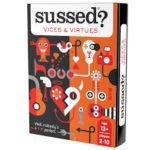
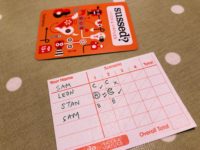



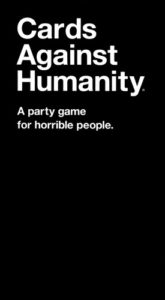

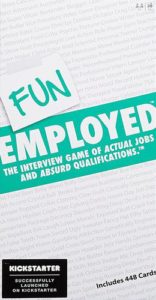
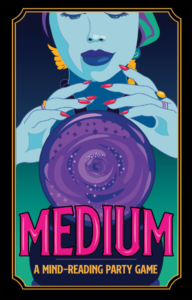
Sam says
Big ticks for accessibility and presentation. It's nice that a small game comes in a small box rather than swamped in plastic inserts. But Sussed! itself, while it does have the capacity to promote conversation, wore itself out pretty quickly for me. While I appreciate that makes me sound like a miserable git (- I certainly can be at times) my reasoning is really that, like Cards Against Humanity, the game asks so little of the players: you simply choose A, B or C and then move on, occasionally - the best moments of the game - finding call to disagree with the pick of the pickee, questioning their self-delusion/sanctimony/sanity. And as much as the choices can sometimes be an avenue to humour in this way, they can also leave everyone perplexed and thinking you or they might well react in none of those ways, or two of them, or all of them to some degree, and while I don't mind an arbitrary scoring system for a fun game (see Stinker), I kinda want more input. Games like Wing It, FUNemployed or Medium give the players a role and provide more spark. Witness plays havoc with communication in a bizarre way. Just One challenges you to be not-to-obvious but not-too-abstract in order to score points collectively. Art Deck barely has any scoring at all. For me, they all have what Sussed misses: an Option D: something the players get to contribute themselves to find a connection between them. I'd play it over Cards Against Humanity because it doesn't have that game's sniggering, underhand endorsement of offensiveness. But outside of that, Sussed is not something I yearn to play again.